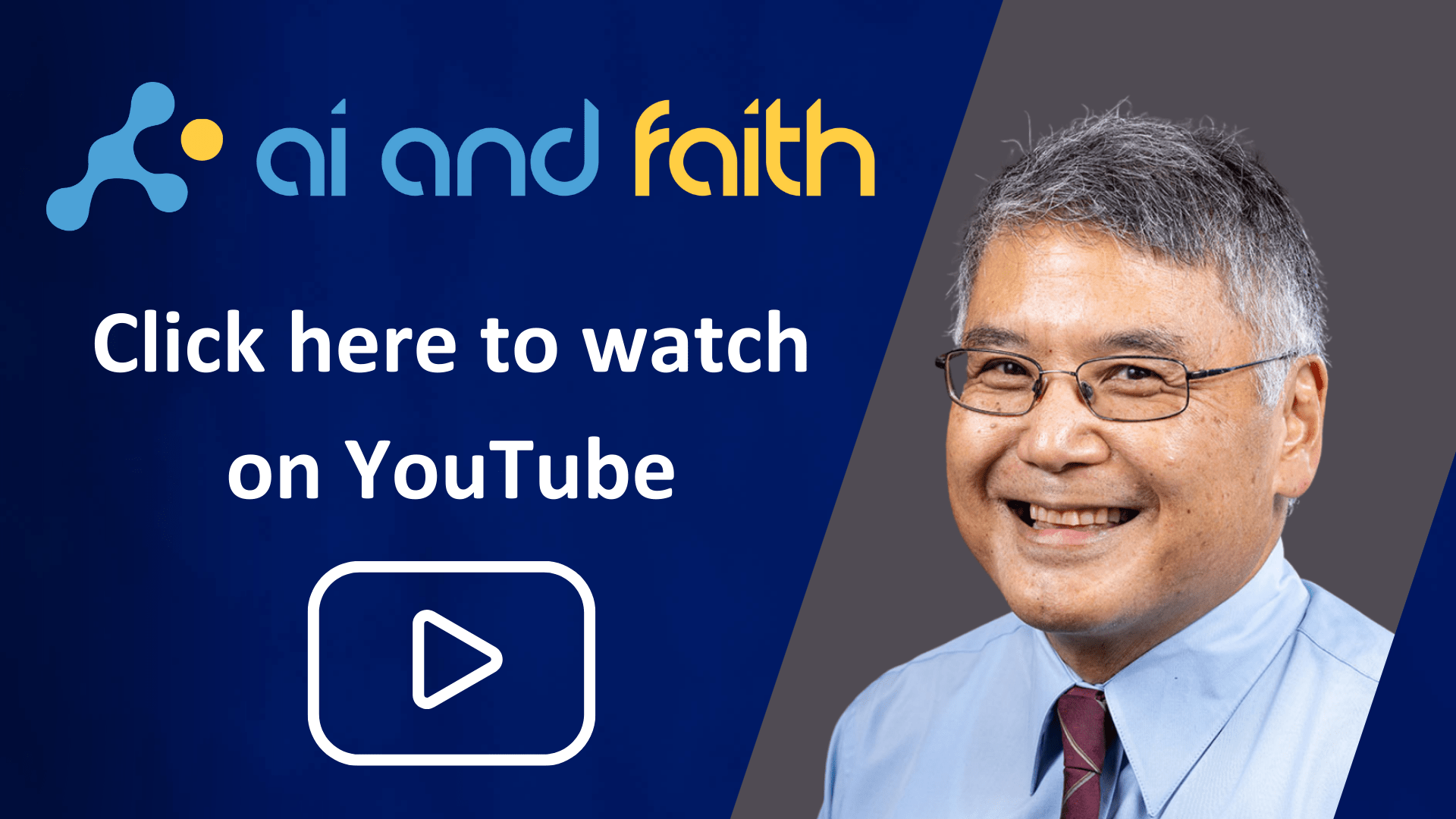In a recent interview with AI and Faith, law professor Mark Chinen from Seattle University shares insights on the intersection of artificial intelligence, international governance, and religion. Chinen discusses the emergence of international AI governance, and emphasizes the need for collaboration among nations and organizations to address regulatory challenges posed by AI technologies.
Here are a few key takeaways from our conversation with Mark Chinen:
1. Collaboration for Regulation:
Chinen discusses the evolving landscape of AI governance at both domestic and international levels. He highlights the growing impact of AI on various aspects of human life and emphasizes the need for international collaboration among nations and organizations to address regulatory challenges in the AI landscape.
2. Integration of Human Rights:
Chinen underscores the importance of incorporating international human rights principles into AI governance to ensure ethical use. He discusses recent developments in Europe where companies are legally required to consider human rights in AI development and marketing, signaling a growing emphasis on ethical considerations in regulatory frameworks.
3. The Role of Faith:
Chinen highlights the wisdom and strength that religious traditions provide for communities and individuals. He expresses hope that individuals who value their faith will seek to translate its principles into their daily lives, including their involvement in shaping policies related to AI governance.
Chinen acknowledges the challenges of impacting international governance directly but suggests that norms observed at the international level often originate from individual interactions and decisions, accentuating the potential long-term impact of individual choices informed by faith.
Watch or listen to the full interview here.



